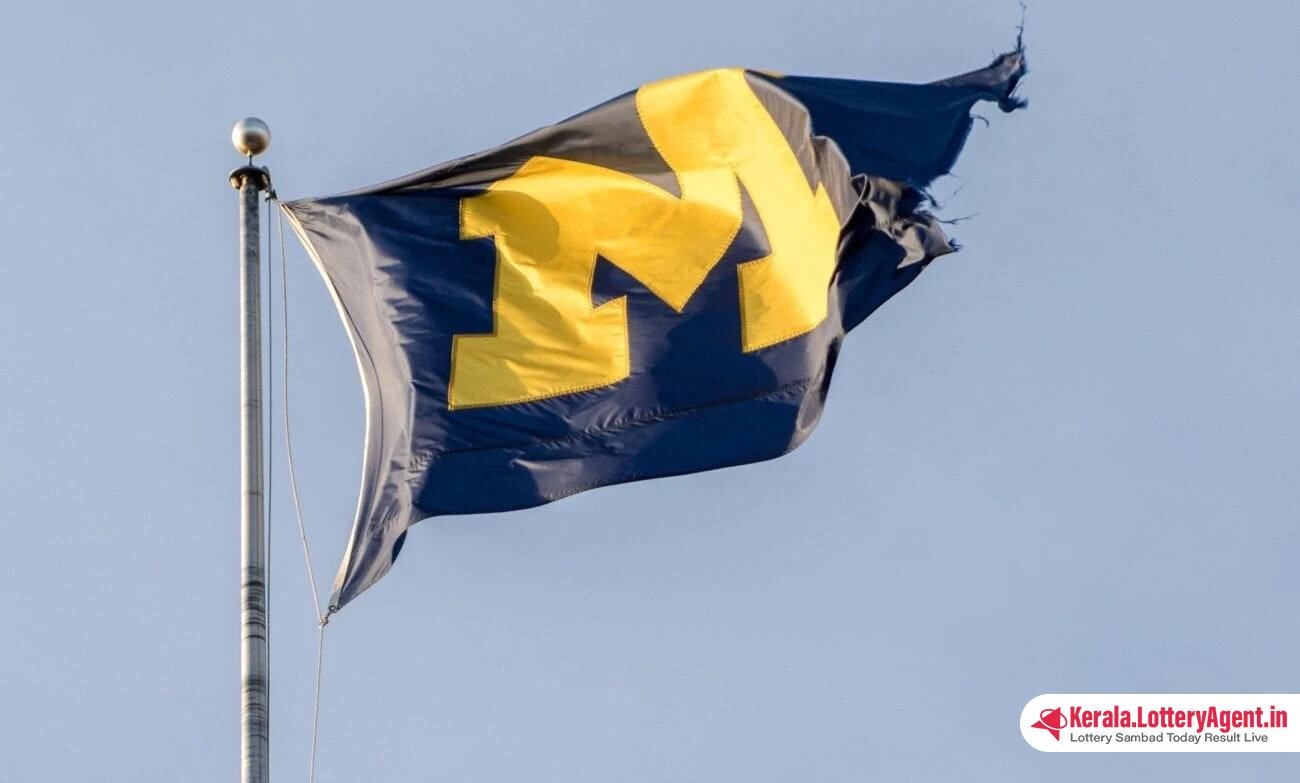
The gaming industry landscape in Michigan experienced a mixed bag of results this past February. On the whole, the combined receipts from iCasino operations and sports betting handle amounted to $218.5 million, which represented a 4.8% decline when juxtaposed with the previous month’s figures. This downturn can be primarily attributed to the fluctuations typically seen in the sports betting market, particularly during the shorter month of February, which lacks the usual flurry of NFL games and precedes the onset of the NCAA basketball tournament season.
Though the sports betting sector saw a decrease, online casino platforms have reason to celebrate. The online casino revenue set a new record at $188 million, eclipsing January’s high of $181.9 million and marking the highest intake in the state’s history. This surge in online casino success bolstered the combined adjusted gross revenue (AGR) for February to a noteworthy $182.1 million.
In terms of AGR, online casino operators proudly reported a bump to $169.2 million, a 3.1% increase from January. Meanwhile, digital sports betting had an AGR that told a different story—a 31.3% month-over-month decline, totaling $12.9 million. Across the market, February saw 15 online casino operators and 13 sports betting platforms serving Michigan residents.
Furthermore, tribal operators contributed $3.9 million in payments to various governing bodies based on February’s revenue. This continued partnership and revenue sharing are vital components supporting both local governance and the symbiotic relationship between the state and tribal gaming interests.
Sports betting specifically experienced a notable slump, with the handle dropping from January’s high of $577.4 million to $402.6 million—the latter still marking a considerable 52.7% increase compared to the same time last year when Michigan sportsbooks accepted $357.2 million in wagers. The seasonal sports calendar partly explains this ebb and flow, as February’s sporting events cannot match the betting fervor ignited by a full array of NFL matchups. Moreover, with college basketball teams gearing up for the climactic conference championships, the real betting action poised to unfold in March Madness had not yet begun.
Tax contributions from online sports betting operations to the state and the city of Detroit totaled $922,324 and $356,663, respectively. Detroit houses three brick-and-mortar casinos, each with a digital gaming platform counterpart. Accompanying these contributions, the city imposes an additional tax on top of the state’s levy.
In stark contrast to digital wagers, in-person betting in Detroit amounted to a mere $13.2 million. These retail sportsbooks paid comparatively modest taxes to the state, amounting to $5,591 for February. The difference in scale between online and physical betting spaces underscores the growing preference among bettors for digital platforms’ convenience and accessibility.
For online casinos, the tax figures are considerably more robust. These operators generated a substantial $33.7 million in tax revenues for the state, with an additional $8.9 million going to Detroit’s coffers. Among Detroit’s casinos, MGM Grand led with a commendable $49.3 million in adjusted revenue. Motor City Casino followed with $31.6 million, and Greektown Casino claimed the third spot with $23.8 million.
Overall, while the sports betting handle in Michigan experienced a temporary decline, the exceptional performance of online casinos underlines the evolving gaming landscape. The waves of both success in online casinos and challenges in the sports betting arena reflect the dynamic nature of the industry and the ever-changing preferences of Michigan’s gaming community. Going forward, the gaming totals will undoubtedly continue to ebb and flow, riding the seasons of sports and the growing trend of digital gaming.












